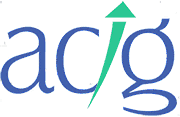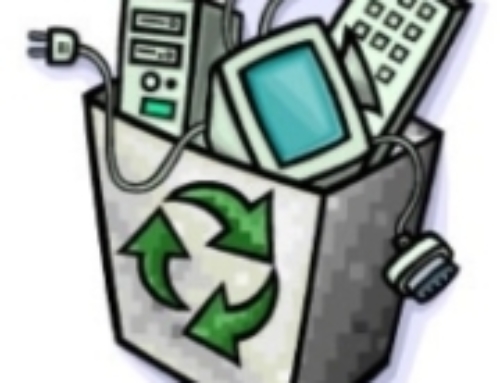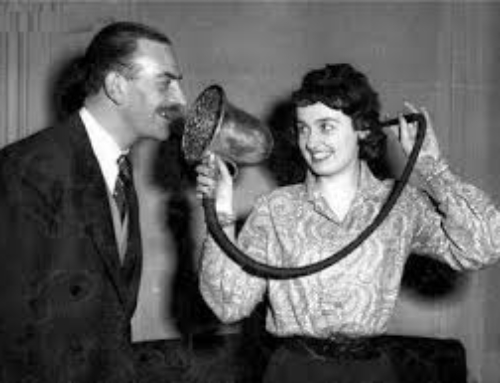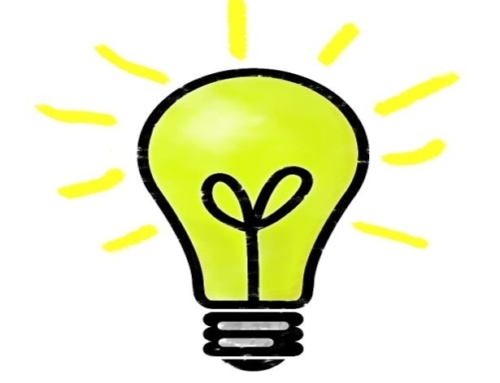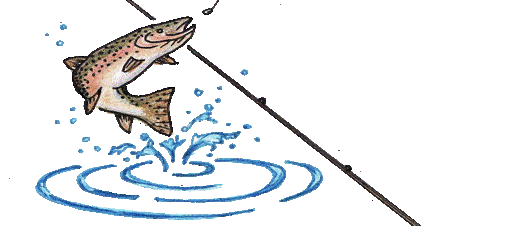
Successfully introducing new ways of doing things invariably requires new knowledge and skills.
This comes from formal training initially and then via on the job experience, where the new skills become routine behaviours.
In our experience, for best outcomes training must occur at several levels:
Employees involved in improvement projects must be trained in the appropriate improvement methods and approaches.
Training should be provided only as needed, and it must be practical and hands on. Our approach is to keep it simple and only train in the tools and techniques the team will need in the immediate future. Other more advanced tools can be introduced, when required, by facilitators.
We identify and train ‘champions’ or, as we call them, facilitators.
The success of the new ways of doing things depends as much on the improvement teams working together as it does on using improvement tools and techniques. And it is the facilitators that make the teams work successfully. We train facilitators in the tools and techniques of improvement, as well as in facilitation and team-building skills.
At the management level, all managers must understand and actively support the new ways of doing things.
Our management training focuses on the principles of continuous improvement theory and management’s role in influencing culture. Having senior managers genuinely on board from the beginning is crucial to ensuring that other staff and stakeholders become engaged too.
One of our training techniques involves the very popular Blast Game. We also deliver single topic workshops and seminars on tools and methods such as:
- Evaluation;
- Benchmarking;
- Lean in Government;
- Continuous Improvement;
- Innovation; and
- Leadership.
Training and facilitation is an important and integral part of many of ACIG’s assignments. We can also provide ongoing coaching, mentoring and moderating services.
Contact us to discuss how we can help you to meet your training requirements.
